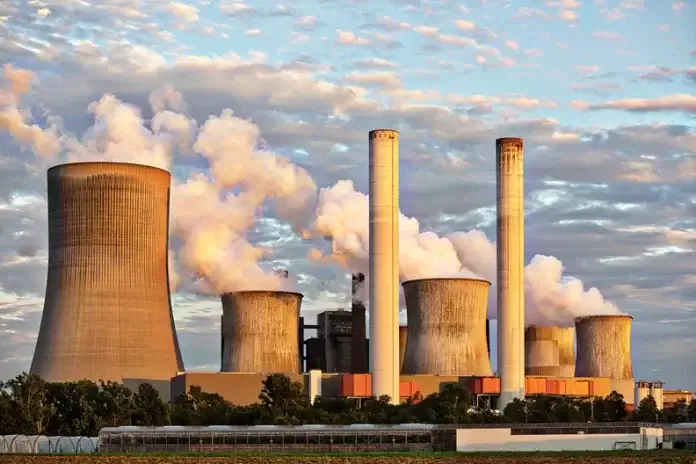On July 6, 2022, the European Parliament supported the inclusion of nuclear energy and natural gas, under certain conditions, in the EU taxonomy - a list of economic activities that contribute to the transition to climate neutrality.
The European Commission believes that investments in gas and nuclear technologies play a role in the green transition. Therefore, she proposed to classify these activities as transitional and contributing to climate change mitigation.
Such inclusion is limited in time and subject to specific conditions and transparency requirements.
The Ukrainian government believes that the decision of the European Parliament will contribute to a significant expansion of Ukraine's potential to export not only electricity, but also hydrogen produced using nuclear power, which in turn will contribute to the construction of the Ukrainian hydrogen economy.
The voted decision can be challenged until July 11, 2022, after which it will enter into force on January 1, 2023. The inclusion of the atom and gas in the taxonomy has been the subject of criticism by numerous environmentalists and experts for several months.
The executive director of the European Federation for Transport and the Environment (which brings together dozens of environmental organizations) William Todts called the inclusion of gas in transitional technologies "the biggest gift that the EU could give Putin." He believes that as a result of the current taxonomy decision, billions of euros that would otherwise be invested in renewable energy will go to gas-fired thermal and thermal power plants.
The introduction of nuclear energy into the taxonomy, according to experts, will simplify investments in the construction of new nuclear power plants or the modernization of existing ones. It can also be beneficial for Russia, because in a number of EU countries, for example, Bulgaria, Hungary, the Czech Republic, and Slovakia, there are nuclear power plants. At least some of these countries use the services of Rosatom.




